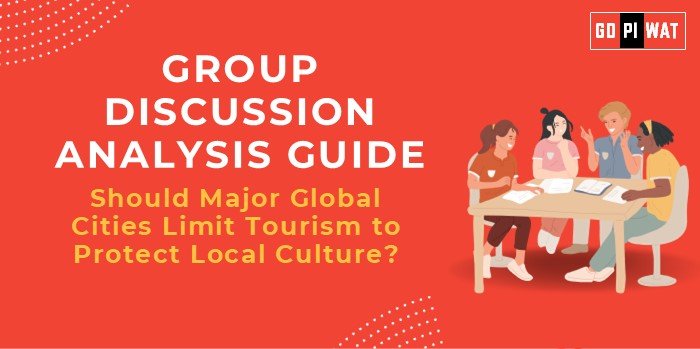📋 Should Major Global Cities Limit Tourism to Protect Local Culture?
🌍 Introduction to the Topic
Tourism is a cornerstone of global economic growth and cultural exchange, contributing approximately 10% of the world’s GDP in 2019. However, over-tourism in cities like Venice and Barcelona has raised concerns about the impact on local culture, environment, and residents’ quality of life. The debate centers on balancing economic benefits with the need to protect cultural identity and infrastructure.
📊 Quick Facts and Key Statistics
- 💰 Global Contribution: Tourism adds $5 trillion annually to the global economy (2023).
- 🏙️ Venice Tourism Ratio: 60,000 tourists daily versus 50,000 residents.
- ⚠️ UNESCO Threats: 40% of World Heritage Sites are under threat due to over-tourism.
- 🏠 Airbnb Impact: 65% of central Paris accommodations are short-term rentals, impacting housing affordability.
🏛️ Stakeholders and Their Roles
- 🏛️ Local Governments: Regulate tourism flows and enact sustainability policies.
- 🌐 Tourism Boards: Promote responsible and sustainable travel practices.
- 🏡 Local Communities: Advocate for cultural preservation and equitable benefits.
- 🧳 Tourists: Adopt responsible travel behaviors to minimize impact.
- 🌱 NGOs: Facilitate awareness campaigns and propose sustainable tourism solutions.
🌟 Achievements and Challenges
🎉 Achievements
- 💼 Economic Boost: Tourism sustains millions of jobs globally.
- 🌍 Cultural Exchange: Encourages appreciation and dissemination of local traditions.
- 💡 Sustainability Initiatives: Amsterdam’s tourism taxes and Kyoto’s heritage preservation campaigns.
⚠️ Challenges
- 🏘️ Loss of Identity: Over-commercialization dilutes cultural authenticity.
- 📈 Housing Crisis: Short-term rentals drive up living costs for locals.
- 🌿 Environmental Strain: Increased pollution and overburdened infrastructure.
📍 Case Studies and Comparisons
- 🇪🇸 Barcelona: Implemented tourism caps and restrictions on cruise ships to protect cultural areas.
- 🇯🇵 Kyoto: Promotes off-season travel to reduce pressure on heritage sites.
- 🇮🇹 Venice: Introduced a tourist tax to regulate daily visitor numbers.
💬 Structured Arguments for Discussion
✅ Supporting Stance
“Restricting tourism ensures cultural preservation and reduces strain on local infrastructure, as demonstrated in Kyoto.”
❌ Opposing Stance
“Tourism restrictions harm local economies reliant on visitor spending, particularly in regions like Bali.”
⚖️ Balanced Perspective
“Tourism caps protect cultural heritage, but policies must mitigate economic fallout for local businesses.”
🌟 Recommendations
- 📅 Off-Season Campaigns: Encourage travel during non-peak periods to alleviate overcrowding.
- 💡 Tourist Caps: Limit daily visitors to protect cultural sites.
- 🏠 Regulate Short-Term Rentals: Restrict platforms like Airbnb in overburdened areas.
- 🤝 Community Involvement: Engage locals in policy-making to ensure balanced outcomes.
✍️ Conclusion
While tourism drives economic growth and cultural exchange, over-tourism poses risks to local cultures and communities. Cities must adopt sustainable measures, such as visitor caps, off-season campaigns, and community engagement, to protect their unique heritage. Learning from examples like Kyoto and Barcelona, global cities can balance economic benefits with cultural preservation, ensuring a harmonious coexistence of tourism and tradition.


